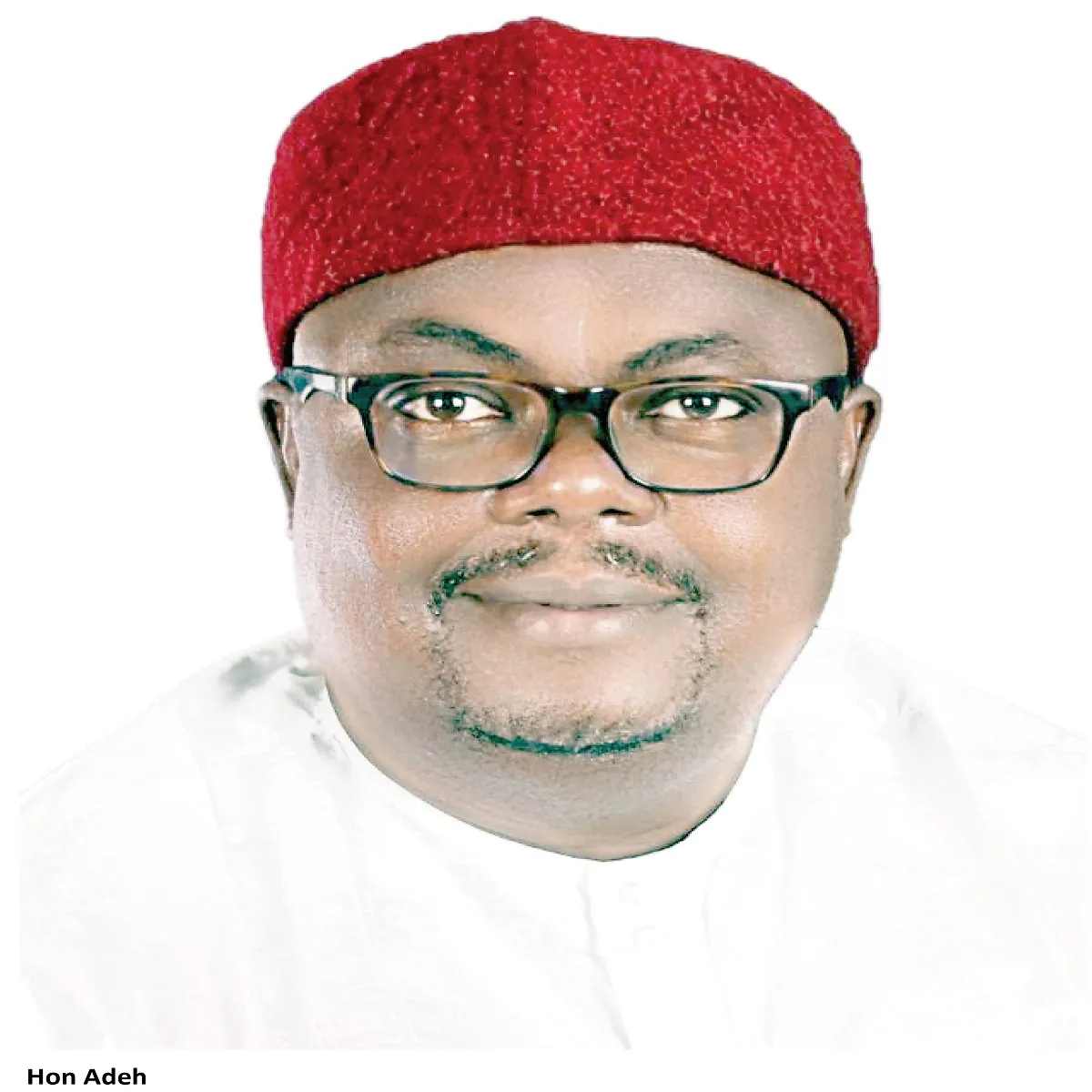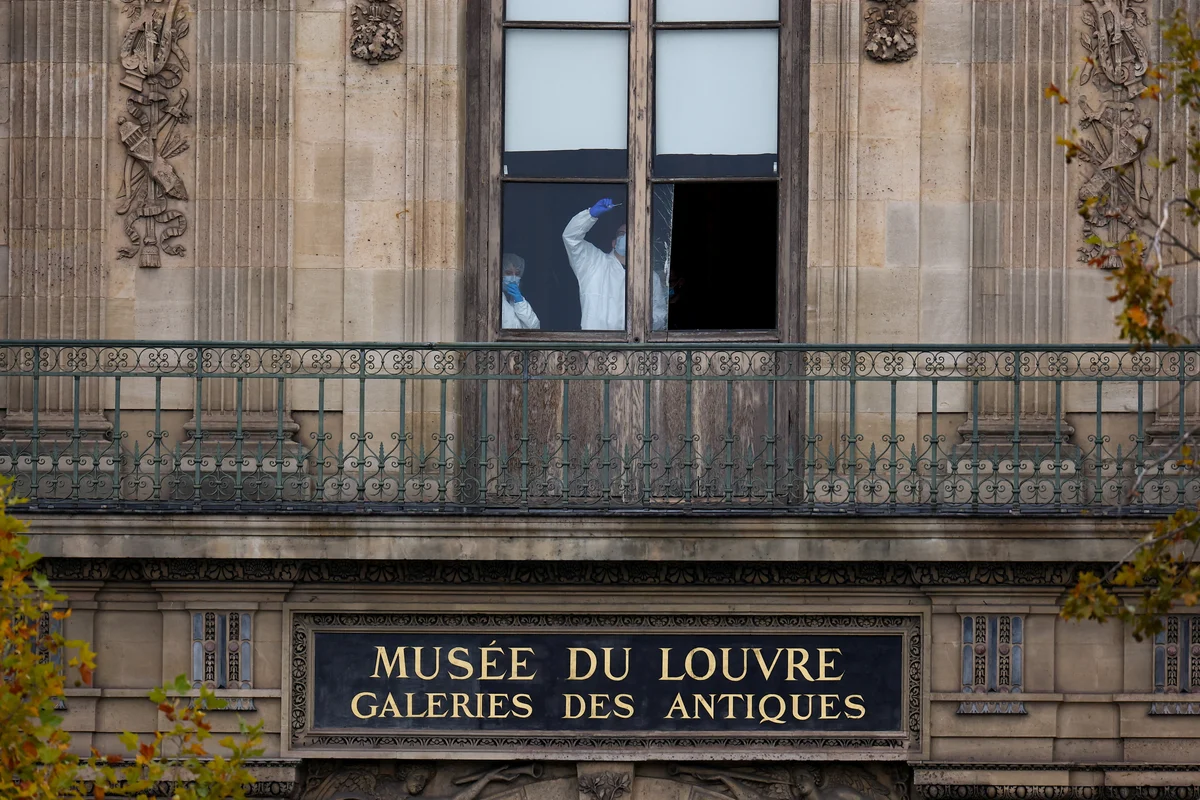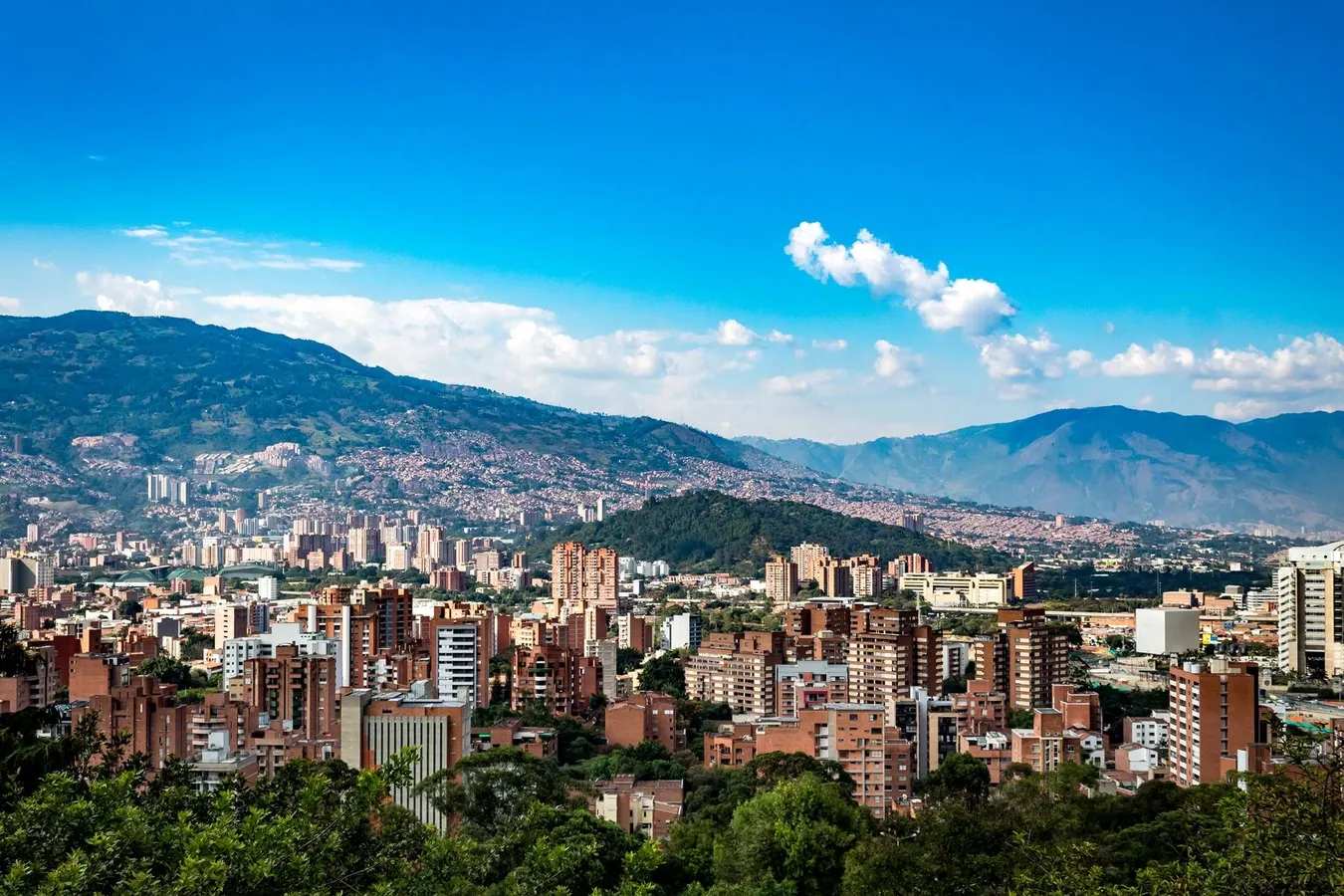Copyright tribuneonlineng

Hon. Lumumba Dah Adeh was a member of the House of Representatives from 1999 to 2003; he also served as one of the aides to former President Olusegun Obasanjo. The stalwart of All Progressives Congress (APC) speaks with ISAAC SHOBAYO on the gale of defections, fear in some quarters that Nigeria is sliding towards a one-party state, the threat poised by African Democratic Congress (ADC), among other issues. Excerpts. Recently, we have seen several governors and other political office holders defecting to the All Progressives Congress (APC). There are allegations in some quarters that these defections are not voluntary—that some of these politicians are being coerced or pressured to join the APC. What is your opinion on this? Well, I don’t think that’s the proper way to analyse the situation. Defections among governors didn’t start with the APC. You will recall that in 1999, when this current democratic dispensation began, the three principal parties were the Peoples Democratic Party (PDP), the All Nigeria People’s Party (ANPP), and the Alliance for Democracy, otherwise called the AD. At the inception, these political parties were very strong, though at different levels, but by the end of President Obasanjo’s first term, the PDP had become dominant because many governors and even national leaders had defected to it. They were not forced to join; they defected based on personal convictions. So, if defections weren’t viewed as coercion, then, I don’t see why they should be now, unless, of course, there is concrete evidence to support such a claim. Looking at it critically, the APC remains the major and most stable political party in the country at the moment. This alone is enough to attract people from other political parties to the APC fold. I want to say that there is nothing like being coerced. But the situation you described seems quite different from what is happening today. During Obasanjo’s time, democracy was still evolving. People now argue that today’s defections are less about ideology and more about personal or political gain. Well, people used to describe Nigeria’s democracy as “nascent.” But how many years does it take for democracy to mature? Even in America, after over 200 years, democracy is still a work in progress. No system is ever perfect; it keeps evolving. So, 25 years into our democracy, it is unrealistic to expect that certain patterns—like defections—will disappear completely. They may repeat themselves for different reasons. Unless you have empirical evidence showing governors are being coerced, I believe most of them move because they feel more comfortable with the APC. At that level of leadership, a governor has access to enough information about his state and the country. So, when a governor decides to move to another party, he must have solid reasons for doing so. Moreover, these are seasoned politicians who understand political dynamics; they don’t just defect for the fun of it; they are more abreast of the prevailing circumstance and situation on the ground. They have their reasons, which you and I might not be privy to. Are you not worried that with this wave of defections, Nigeria might be sliding toward a one-party state? I don’t think so. I have never experienced a one-party state; most of that talk is theoretical. Of course, it is always better for democracy when there is a viable opposition. But defections alone don’t make a country a one-party state. After all, we still have members of the National Assembly and governors from other parties. A one-party state would mean there is absolutely no other party represented at any level of government, and that is not the case here. Whether we like it or not, there will always be a dominant political party with national spread and appeal. At a particular time, PDP was the dominant party, but, today, it is APC that has the spread across the country. There will always be strong and weak political parties. The prevailing peace and stability in APC is alluring and a source of attraction. What do you think is so attractive about the APC that makes these governors and politicians want to join? That question is best answered by those who have defected. But perhaps they are drawn by the APC’s style of governance under President Bola Ahmed Tinubu. As for those of us who are already in the APC, we have remained because we are comfortable with the leadership and direction of the party. People often argue that the frequent movement of politicians between parties shows that Nigeria’s political system lacks ideology. Do you agree? Yes, I absolutely agree. Maybe it is part of our democratic evolution. Over time, clear ideological distinctions will emerge among parties. The lack of ideology is probably one of the reasons defections are so common. If parties had strong ideological foundations, moving from one to another would not be so easy. But I believe that as our democracy matures, we will eventually get to that point. The ADC, though still at an embryonic stage, has vowed to uproot APC from power in 2027. How is your party handling this threat? As things stand, you can see it yourself. If everyone is moving to the APC, how can another party be a real threat? In fact, if I ask you now, you might not even be able to clearly state where the ADC stands, who its prominent members are, or in what areas it still has significant influence. The party has no area of influence in the country. Tell me how many governors have defected to the party and what the strength of the party is? At the moment, it has no structure anywhere in the country. So I don’t see how such a party can uproot a ruling party in 2027. Remember, structures are not built overnight. Another belief held by many Nigerians is that the country’s politics is cyclical in nature—that it keeps moving in circles without clear direction. Do you agree with this belief? Yes, that is true. Since the beginning of this democratic dispensation, our politics has not been straightforward. People have been playing politics of hide-and-seek, moving in and out. But that is politics for you. I’m not exactly sure what you’re trying to drive at with this question, though. I mean, when you compare Nigeria’s politics with what happens in more advanced countries, it seems less stable. Well, every political landscape has its own nuances. Much of it is shaped by a country’s culture and its level of development, if you like. So, I don’t understand why anyone would expect democracy to be practised the same way everywhere. Even among advanced democracies, no two are alike. You can’t say democracy in the United Kingdom is practised the same way it is in the United States. Plateau State politics has witnessed a lot of movement lately, with politicians switching parties… Yes, politics is about people, and movement is part of it. As I said earlier, politicians move for different reasons. The more, the merrier. Does your party stand any chance in the 2027 elections in Plateau State? Why not? After all, we narrowly lost the 2023 governorship election—We lost by just a whisker. Many analysts believe it was due to certain wrong decisions or strategies during that election. Those cracks have since been sealed, and the party is now united. So, 2027 will be a different ball game entirely. So, there’s hope for victory in 2027? Certainly, yes. All efforts are being made. Nobody is going to sleep. It is a progressive movement. At every step, we analyse the situation, identify areas for improvement, re-strategise, and position ourselves for victory in 2027. Moreover, the performance of the Federal Government under President Tinubu is being appreciated by Nigerians, and that gives the APC a great advantage. One of the major challenges that have affected Plateau State since the beginning of this dispensation is insecurity; rural life has been severely disrupted. What is the way out of this situation? As unfortunate as the situation has been, I must confess that there is now a marked difference in the approach to tackling insecurity. And that is why we are seeing improvements. One clear piece of evidence is the recent statement by the Chief of Defence Staff that the rules of engagement have been amended; security agencies are now empowered to defend themselves and repel attackers, which wasn’t the case before. That is a step in the right direction, and it’s probably why the situation is improving. In the northern parts of Nigeria, some states have adopted the amnesty approach, while others have taken different routes to address insecurity. Do you think the amnesty approach is justified, considering the magnitude of atrocities committed by these elements? Well, I don’t believe there is a single approach that can fit all situations. The nature of insecurity differs from one region to another. For instance, the insecurity in the Middle Belt is quite different from that of the far North. In the latter, it is more of banditry and other criminal activities. So, each state or region must assess its peculiar circumstances and adopt the approach that works best for it. If adopting an amnesty programme or another unique method will bring peace, and it remains within the law, then I have no problem with that. Holistically, what advice would you give the Federal Government on handling insecurity in Nigeria? My advice applies not only to the federal government but also to state and local governments: create employment. There are too many idle young people. And as the saying goes, “An idle mind is the devil’s workshop.” When youths are unemployed, they become easy targets for recruitment into criminal activities. Gainful employment will help reduce insecurity significantly.



